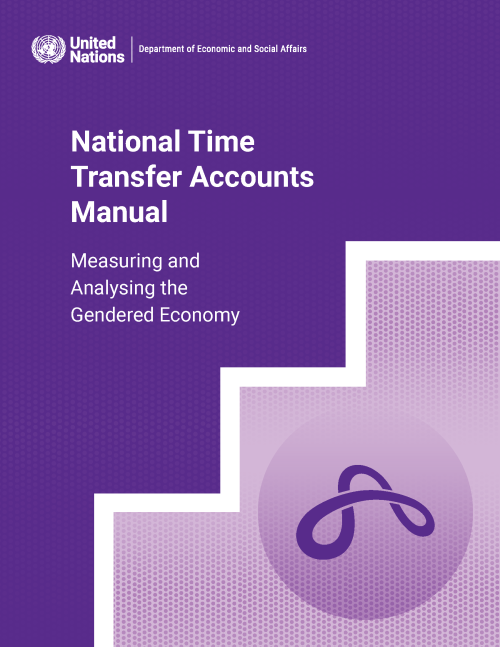
As the United Nations marks its 80th anniversary in 2025, this report by the Department of Economic and Social Affairs (UN DESA) traces the evolution of sustainable development within the UN system. It highlights the organization’s role in shaping both the understanding and the practical application of sustainable development.

The UN DESA Annual Highlights report is a tool to communicate the contributions of the Department to the realization of internationally agreed development goals and shared social, economic, and environmental aspirations. It showcases the Department’s role in gauging trends, building capacities, and shaping solutions. UN DESA Highlights 2025 covers activities over the period of the 79th Session of the General Assembly (September 2024 – August 2025) and reflects the Department’s response to the set priorities and expressed needs of Member States. Seven (7) thematic chapters showcase how UN DESA put its expertise to the task of supporting Member State efforts to implement the 2030 Agenda…

The Sustainable Development Goals Report 2025 marks the tenth annual stocktaking of global progress toward the 2030 Agenda for Sustainable Development. With the 2030 deadline only five years away, the report delivers a stark assessment: the Sustainable Development Goals have improved millions of lives, but the current pace of change is insufficient to fully achieve all the Goals by 2030.
The report reveals real and substantial development gains during the past decade. Since 2015, the world has made notable strides in expanding access to education, improving maternal and child health, and bridging the digital divide. Effective prevention efforts have significantly reduced the…

This manual picks up where the previous manual in the series left off. The earlier manual, on the methodology of National Transfer Accounts (NTAs), shows how National Accounts data can be used to construct age profiles of economic production and consumption and to illustrate how resources flow from persons in age groups producing more than they consume to those in age groups producing less than they consume (United Nations, 2013).
The NTA project calls this system of age-based transfers the “generational economy”. Uncovering and elucidating the role of such transfers has been the project’s major contribution. NTA research has revealed how countries have evolved various means…
 Welcome to the United Nations
Welcome to the United Nations